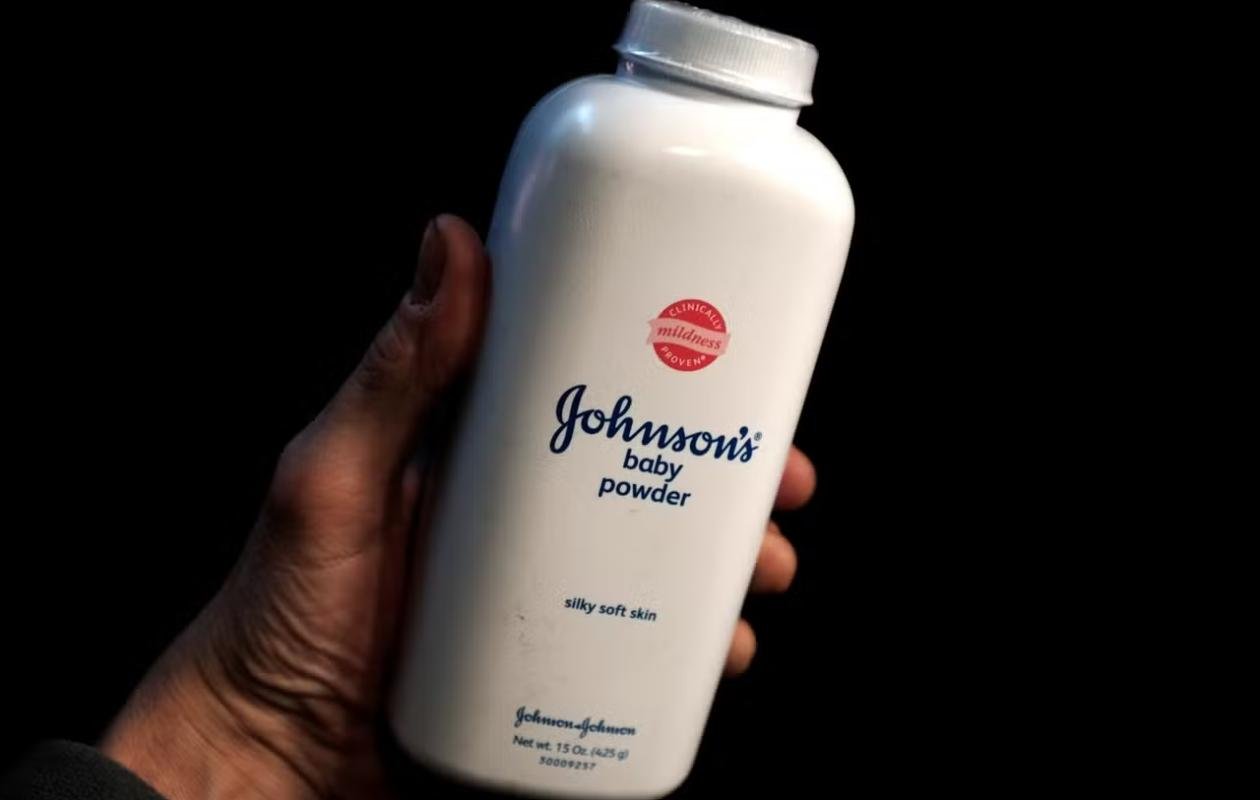
Talc et cancer: plainte au Royaume-Uni contre Johnson & Johnson, selon des avocats
A lawsuit has been filed in the United Kingdom against American pharmaceutical giant Johnson & Johnson, already the target of proceedings in the United States, in a case involving talc suspected of containing asbestos and causing cancer, the firm representing the plaintiffs announced on Thursday.
According to KP Law, which filed the lawsuit in London's High Court and said it represents more than 3,000 plaintiffs, the amount of compensation claimed could be "more than 1 billion pounds" (1.15 billion euros).
The claim, "which covers the period from 1965 to 2023, details how Johnson & Johnson knew that its talc products contained carcinogenic fibers, including asbestos, for more than fifty years and chose to keep them on the market," he wrote in a statement.
Users of this product, which will be withdrawn from the British market in 2023, three years after the United States and Canada, have, according to him, developed different types of cancer, including pleural, peritoneal and ovarian cancer.
Contacted by AFP, Johnson & Johnson believes that its former consumer healthcare division, separated in 2023 under the name Kenvue, has inherited "any presumed obligations relating to talc-related litigation outside the United States and Canada."
A Kenvue spokesperson assured him that "years of testing by independent and reputable laboratories, universities and health authorities in the UK and around the world" ensure that the product is safe, "does not contain asbestos and does not cause cancer."
In April, the US courts rejected an offer from Johnson & Johnson, which proposed, without admitting liability, to pay some 8 billion dollars over 25 years to settle 90,000 civil claims in the United States related to ovarian problems (99.75% of current claims).
Talc has been classified as probably carcinogenic by the World Health Organization's (WHO) cancer agency since July 2024.
A synthesis of studies published in January 2020 and covering 250,000 women in the United States, however, found no statistical link between the use of talc on the genitals and the risk of ovarian cancer.
Commentaires (0)
Participer à la Discussion
Règles de la communauté :
💡 Astuce : Utilisez des emojis depuis votre téléphone ou le module emoji ci-dessous. Cliquez sur GIF pour ajouter un GIF animé. Collez un lien X/Twitter ou TikTok pour l'afficher automatiquement.